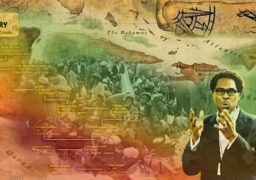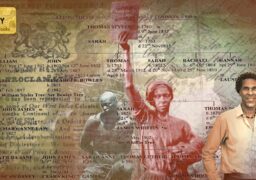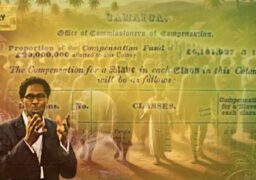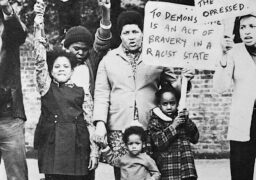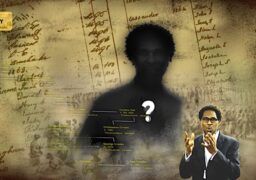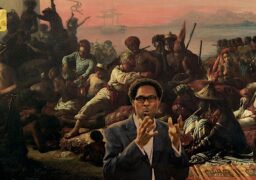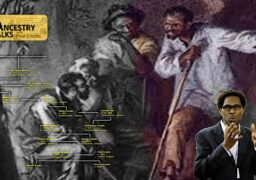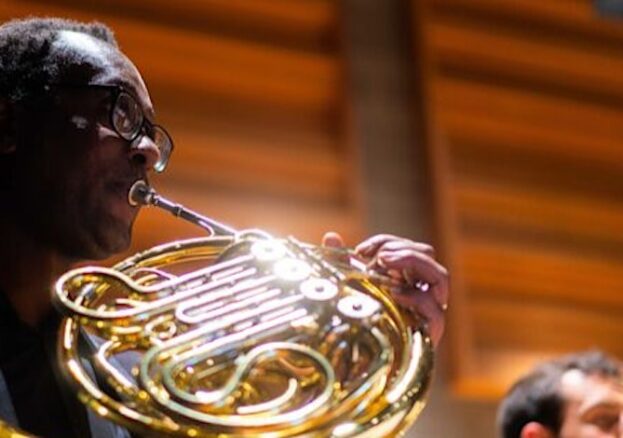
How the influence of slavery and spirituals is woven into a symphonic framework in the work of African American 20th century composers
From the arrival of the first slaves in the United States in 1619 to slavery’s abolition in 1865 around 3 million Africans arrived in the United States. These Africans came from many different places with different languages cultures and religions but were forced into one group. From their interactions with each other, with the influences and exposure to white European religious hymnody, popular music, folk songs, and influences of other colonial powers, musically they forged a new and distinctive sound of their own. When Antonin Dvorak arrived in America and heard the rich variation spirituals, folk songs, field hollers and work songs via the fledgling composer Harry Burghfield he said that in the Negro Tunes of America there is everything for a great and noble national school.
Whether the composer of art music specifically chose to use this as a rallying cry or not, the sentiment of those words gave rise to African American composers of art music the impetus to use the melodies forged by slavery an amalgam of disparate cultures and to weave them into symphonic forms and to create the genesis of a New Afro American Nationalism. This paper will look at some of the early African American 20th century composers and examine aspects of composition that have influences of slavery and spirituals woven into a symphonic framework.
Speaker
Dwight Pile-Gray is a champion of diversity in music. As a performer, he has played numerous times with Chineke, the first BAME orchestra in Europe, making recordings and performing with them all over the country, including the BBC Proms. He has worked with the BBC on several collaborations, including with BBC Radio 3 as a consultant for the music of Black composers. In February 2021, he was awarded an AHRC/BBC Fellowship. This joint funding award was to carry out research to contribute to the BBC’s Celebrating classical composers from diverse ethnic backgrounds. The studies inform performances and broadcasts on BBC Radio 3 by the BBC Orchestras and culminated in a concert in November 2023 that showcased the works of the composers featured in the research. The concert included the premiere of a composition by Robert Nathaniel Dett, which the composer orchestrated for a small chamber ensemble and was unearthed as part of Dwight’s research whilst in America. Dwight also lectures at the London College of Music, teaching conducting, ensemble direction and informed practice modules to both undergraduates and postgraduates alongside studying for his PhD, looking at the influences of Spirituals on the orchestral compositions of three 20th-century African American composers, Robert Nathaniel Dett, William Grant Still and William Levi Dawson. He is passionate about music education and is the Orchestra and Instrumental Lead for Music Education Islington. He is also an active conductor conducting the St Giles Orchestra in Oxford and the Symphonic Wind Orchestra of North London.
What is ResearchWorks?
The Guildhall School’s ResearchWorks is a programme of events centred around the School’s research activity, bringing together staff, students and guests of international standing. We run regular events throughout the term intended to share the innovative research findings of the school and its guests with students, staff and the public.
Guildhall School of Music & Drama Privacy Policy
Once you have registered, the Guildhall School will handle your data in accordance with its privacy policy and Enterprise, Knowledge Exchange and Research Events privacy notice.

